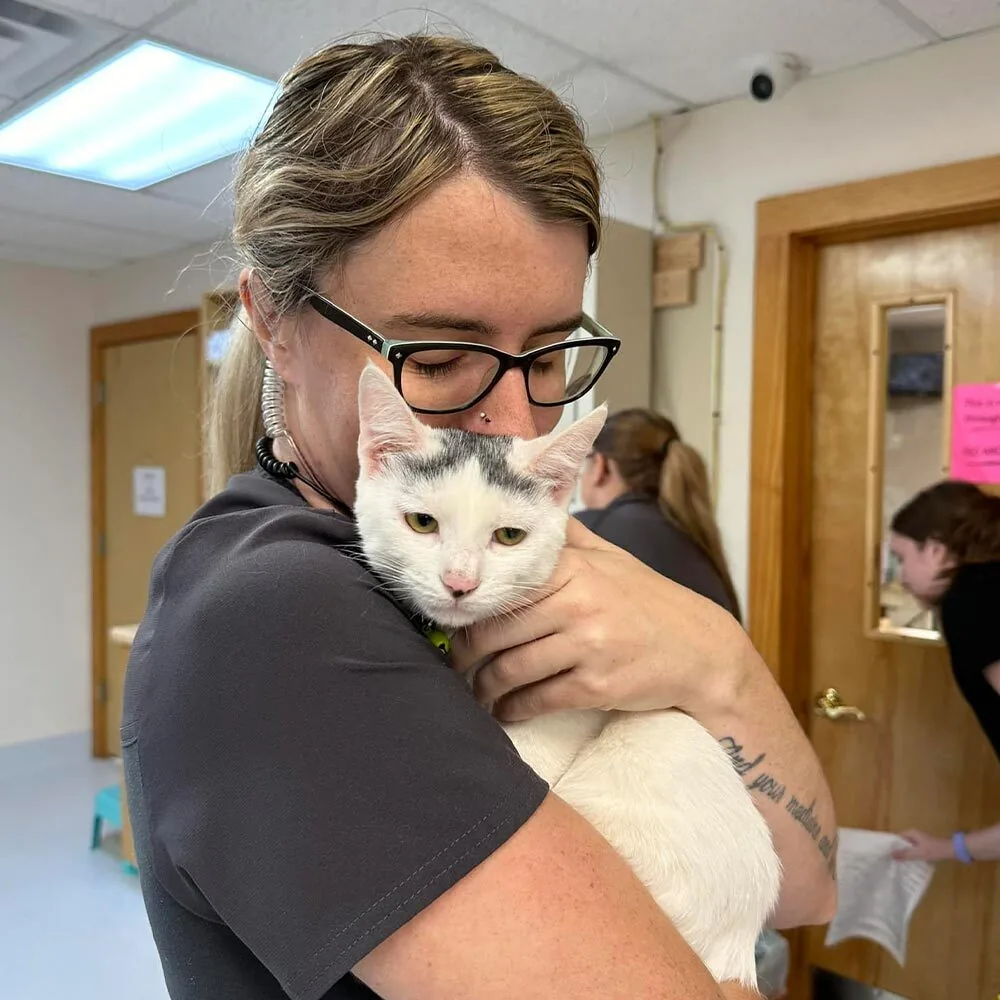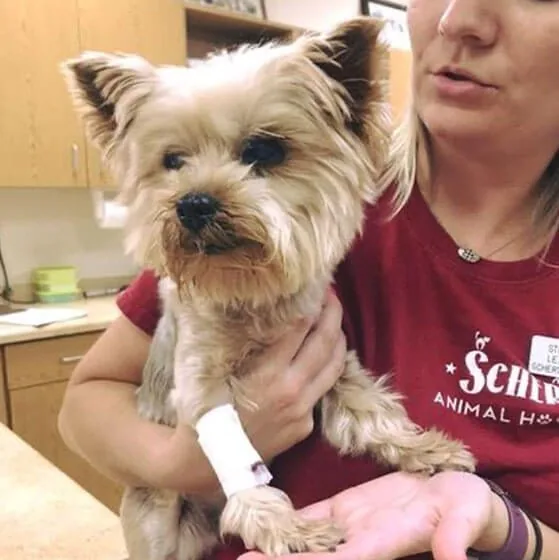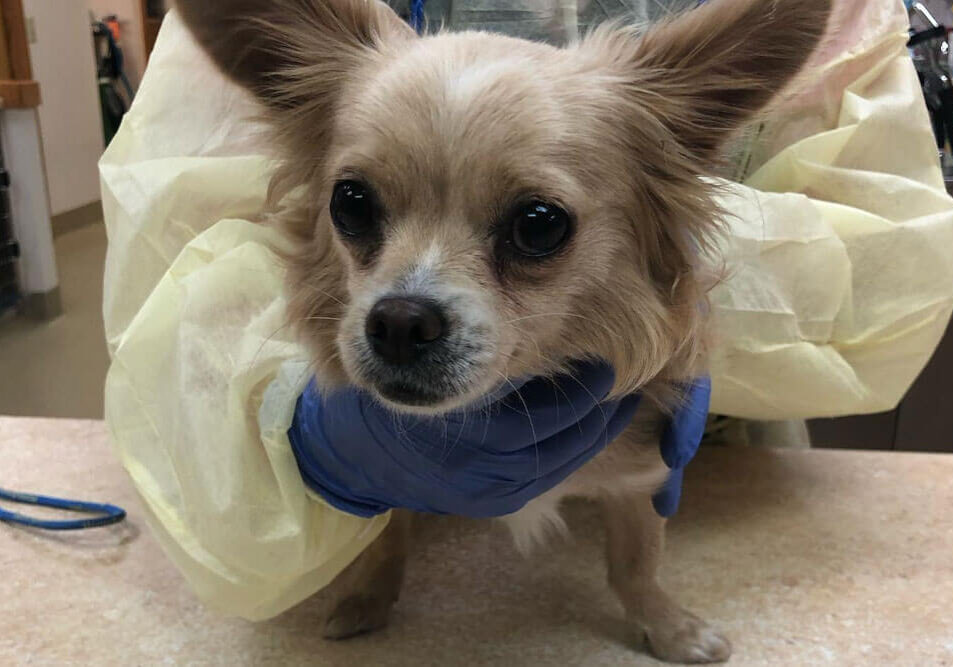Managing Cancer in Dogs & Cats in Schertz, TX
Finding out that your dog or cat has cancer is understandably jarring and emotional. At Schertz Animal Hospital, we know how overwhelming this kind of news can be, and our team will be there to answer all your questions and partner with you to determine the best treatment options. Our experience in treating cancer in dogs and cats and services including chemotherapy and surgery can give your pet a chance at remission.
We’re here to discuss all your pet’s needs and support you and your family. Get in touch today to discuss their cancer treatment.
or call us today at (210) 659-0345!


Common Types of Cancer in Dogs & Cats
Our veterinarians have expertise in treating many different types of pet cancers. Both they and our staff have participated in numerous continuing education training for pet cancer treatments in order to stay on top of the latest trends.
Certain pet cancers are more common than others, and we often treat the following:
- Lymphoma, cancer in the lymph nodes
- Melanoma, or skin cancer (usually in the form of mast cell tumors)
- Fibrosarcoma (a type of soft tissue tumor)
- Histiocytoma (skin tumor)
- Osteosarcoma (bone cancer)
- Hemangiosarcoma (a malignant, fast-spreading form of cancer)
Cat & Dog Cancer Treatment Options
The two pet oncology services we rely on most are surgery and chemotherapy. These may be used separately or in conjunction, depending on your pet’s type of cancer and their ability to undergo surgery and/or receive chemotherapy.
Surgery
Cancer surgery usually involves the removal of a cancerous mass. Our veterinarians will assess your pet thoroughly to ensure they can endure the surgery. We’ll also determine whether or not chemotherapy is needed first to reduce the size of the mass, which can make the surgery and recovery easier on your pet.


Chemotherapy
Veterinary chemotherapy has come a long way in recent years and is highly effective against many cancers. While chemotherapy is often very taxing for us, our pets seem to handle it much better and often do not have the same severity of side effects that we do. Your pet’s chemotherapy treatments will vary depending on the type of cancer and their response to treatment. Weekly administration of the drug and checkups are typical.
Signs of Cancer in Dogs & Cats
How can you tell if your pet has cancer? A confirmed diagnosis depends on a visit to your veterinarian, but some signs could suggest cancer. Review the symptoms below, but be aware that many of these are also signs of other conditions. Still, any abnormality in your pet’s behavior or health warrants a trip to the veterinarian!
- Lumps or bumps
- Excessive vomiting or diarrhea
- Loss of bowel control
- Wounds that don’t heal
- Lethargy
- Weight loss
- Blood in vomit, urine, or stool
- Signs of pain (aversion to being touched, whining, or yelping)
If your pet is not quite themselves, give us a call at (210) 659-0345 and our experienced staff will help.
